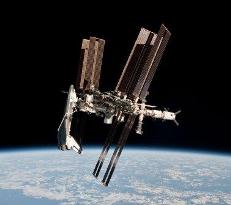Science and Scientists

Scientists
A scientist, in a broad sense, is one engaging in a systematic activity to acquire knowledge. In a more restricted sense, a scientist is an individual who uses the scientific method. The person may be an expert in one or more areas of science. Scientists are also distinct from engineers, those who develop devices that serve practical purposes. When science is done with a goal toward practical utility, it is called applied science. Engineers and scientists are often confused in the minds of the general public, with the former being closer to applied science. While scientists explore nature in order to discover general principles, engineers apply established principles drawn from science in order to create new inventions and improve upon the old ones. In short, scientists study things whereas engineers design things.
Science
In modern use, “science” more often refers to a way of pursuing knowledge, not only the knowledge itself. It is “often treated as synonymous with ‘natural and physical science’, and thus restricted to those branches of study that relate to the phenomena of the material universe and their laws. This is now the dominant sense in ordinary use.

Over the course of the 19th century, the word “science” became increasingly associated with the scientific method, a disciplined way to study the natural world, including physics, chemistry, geology and biology. It is in the 19th century also that the term scientist was created by the naturalist-theologian William Whewell to distinguish those who sought knowledge on nature from those who sought knowledge on other disciplines.
A scientific theory is empirical, and is always open to falsification if new evidence is presented. New scientific knowledge very rarely results in vast changes in our understanding. While there are such famous cases as the theory of relativity that required a complete reconceptualization, these are extreme exceptions. 
Science and technology research is often funded through a competitive process, in which potential research projects are evaluated and only the most promising receive funding. Total research funding in most developed countries is between 1.5% and 3% of GDP.
